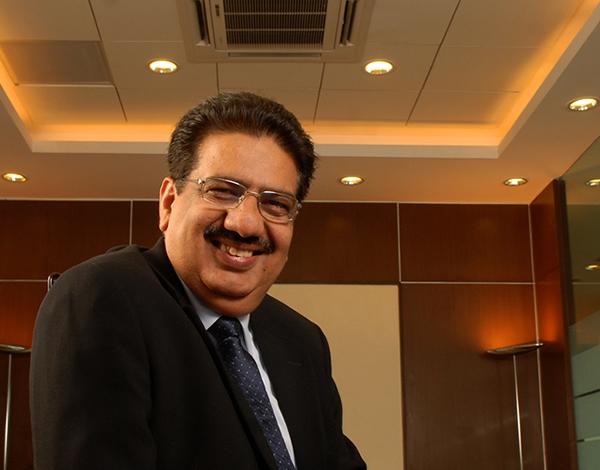Listening to the Weak Signals

Leaders are known not just for their great hits but also their misses. Be it the political landscape or the world of sports, seldom have great names escaped missing the opportune moment or overlooking them.
Whether it is missing intelligence reports on terror attacks or backing off from a deal that goes on to create millions, the world in retrospect can be a cruel one for those who miss the signals.
So while there are businesses waiting for the right opportunity and conditions in these times of perceived uncertainty, there are also those who believe in simply playing it out irrespective of what the soothsayers are saying.
What differentiates the two is the insight to read and anticipate the next signal or step. Dr. C.K. Prahalad captures this perfectly when he calls for businesses to look at the `next practices’ and ‘amplifying weak signals’ instead of getting stuck in old methods.
With the global recession, the needs of the market have changed. Our customer needs have changed. As companies lose their competitive advantage, new businesses are picking up the new way of thinking.
Change often catches people unawares. It is a tad surprising that the recession left most people shocked even though the writing had been on the wall for a while. I had written about another significant change in my blog a year ago, one that many people missed until it stared us in the face - the global economy’s tilt eastwards. I had felt these signals during my conversations on many trips overseas and conversations across the `aisle’.
Within the IT industry, we have been witnessing ripples of change. At HCL we follow them in what we call the blue ocean strategy as against a crowded red ocean. In 2005 we had decided to separate discrete services EDM, BPO and EAS. We decided to chase integrated services as part of the blue ocean. Today, we are witnessing the industry following the same thing. Similar was the take on big acquisitions and clearly those who read the signals right have reaped the benefits.
Now again, there are distant signals which I believed would become drum beats fairly quickly. And, within the deafening drums of the downturn, once again, it is easy to miss the weak signals of recovery.
Beyond the broken dreams and the tumbled enterprises, there is a slow awakening happening. So why talk about the disappointments and the sad news ahead rather than look at all the innovative opportunities waiting to be grabbed?
What we actually pay attention to is very much determined by what we expect to see, point out Paul J.H. Schoemaker and George S. Day in the MIT Sloan Management Review. This distorted notion or selective perception, they note, makes people distort reality when they find it is not fitting into their mental model. They note that most often, organisations get blindsided not so much because decision makers aren’t seeing signals, but because they jump to the most convenient or plausible conclusion.
We need to learn to listen closely and recognize these new pulses of life. We need to amplify these signals and connect the dots rather than fall into the trap of projecting a linear future on trends of the past.
Discovering new areas of growth and fresh opportunities will be the key here. So the questions to be asked are, where is the opportunity ahead, what can we do leverage it. Or rather simply, what is the next big idea and start retracing the steps from there rather than focus on the situation today.
Those who listen to the signals carefully will find the new shores of the blue ocean. So if total IT outsourcing line is on its way out for sure, what is the next big idea? It is time to make noise about the next blue ocean strategy, be it utility computing or something else.
Listening carefully to the customer’s changing needs will be the key to discovering the new road. And those who don’t will perhaps simply have to look back in retrospect to decipher the signals they missed.

